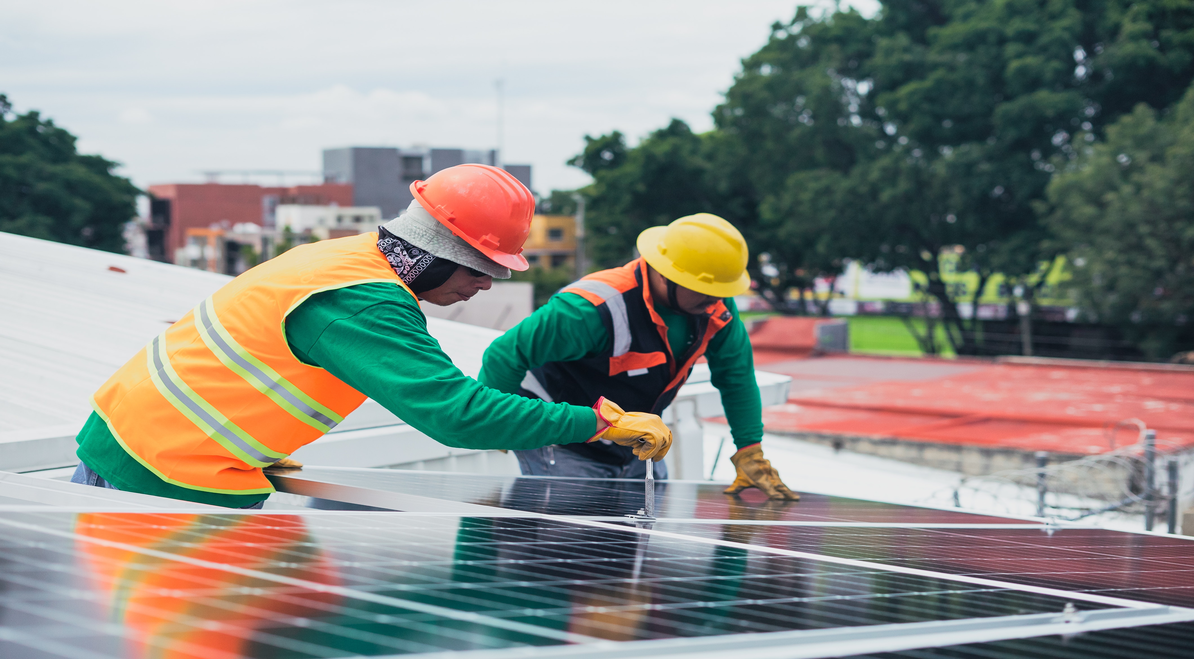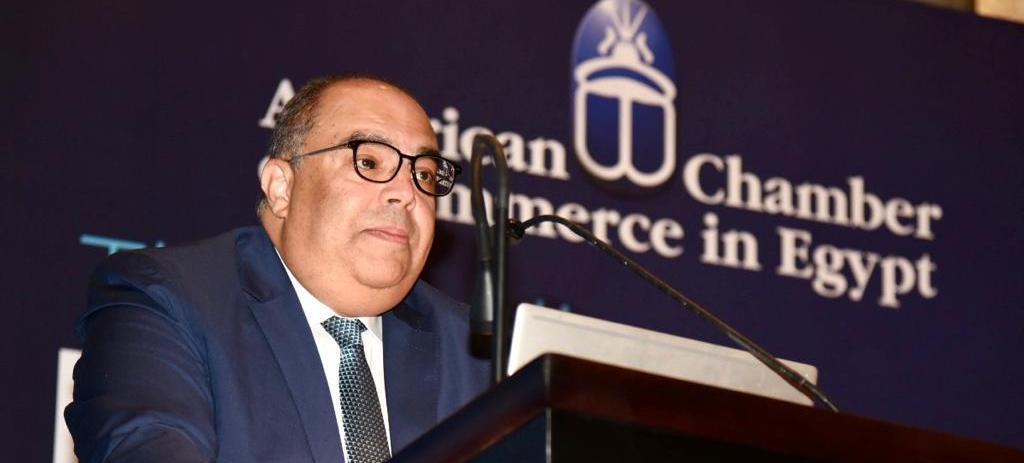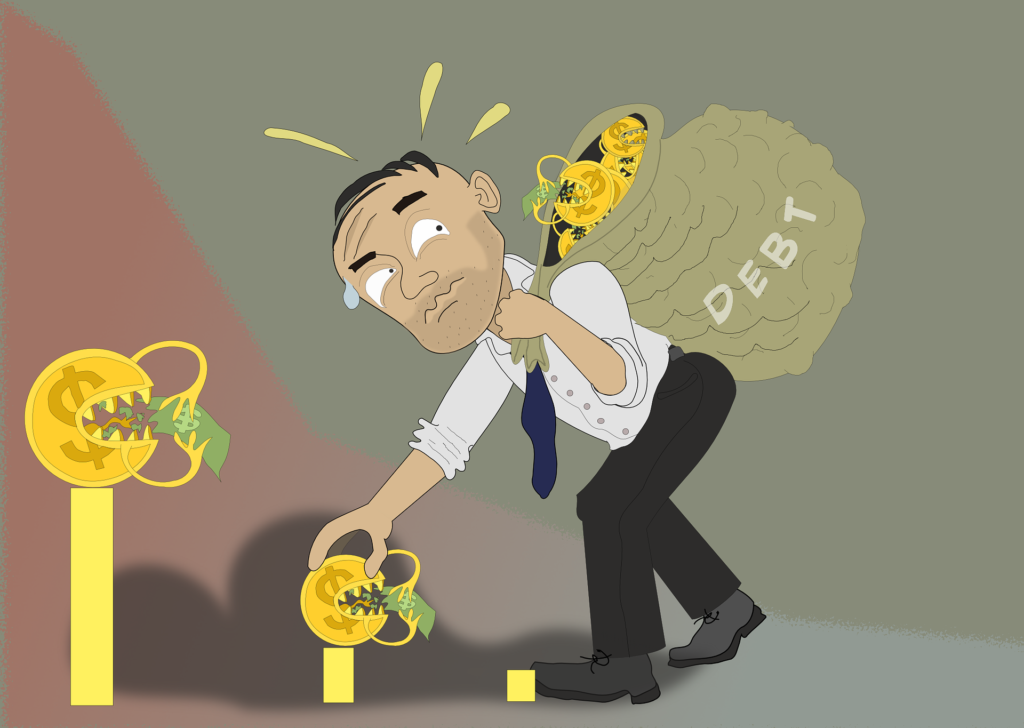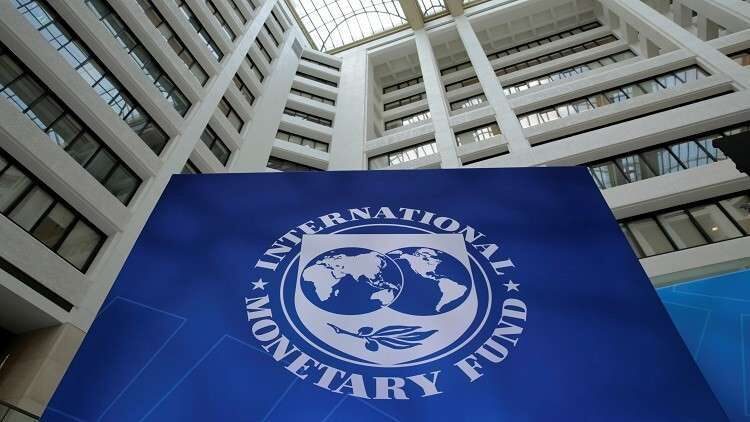The private sector is leading the execution of major green initiatives such as sustainable transportation, waste recycling, transition to clean energy, sustainable cities, and water and agriculture adaptation measures; however, funding is vital for these projects to scale.
To address financial challenges, The American Chamber of Commerce in Egypt (AmCham Egypt) partnered with The U.S. Chamber of Commerce to host the “Egypt’s Green Growth Priorities: U.S. Financing Tools and Resources in Support of the Private Sector” webinar on September 27.
The session provided financial tools from U.S. financing institutions for Egyptian companies working on green projects in many industries while discussing the necessary legal framework to enable such projects.
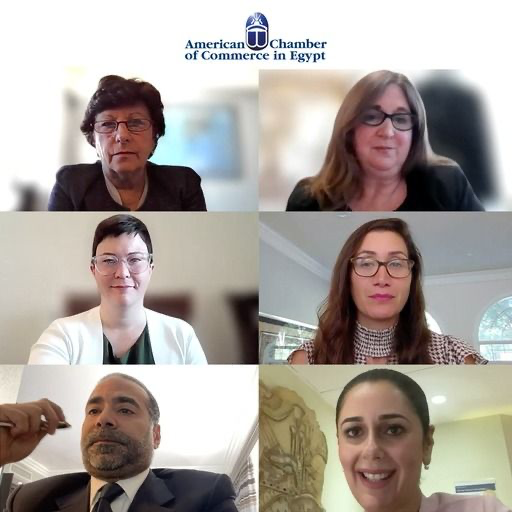
Financial institutions and initiatives
The U.S. government and financial institutions recognize the importance of finance as a facilitator for progress on all parts of the global climate agenda. Here are the U.S. banking institutions that fund green projects:
- The United States International Development Finance Corporation (DFC)
The United States International Development Finance Corporation (DFC) is a development finance agency that promotes private sector investment in emerging markets and developing countries. The bank operates $8 billion in business in Africa and $3 billion worth of business in the Middle East.
DFC offers private investors in emerging markets, like Egypt, direct loans of up to $1 billion. For micro-enterprises that might need less than $2 million, the institution offers a loan guarantee to a financial institution that lends to micro-enterprises. Loan guarantees can be for micro, small and medium enterprises (MSME) funds, or green projects in different priority sectors such as energy, water, food security, infrastructure, financial inclusion, health, and digital communications technology (DCT).
Projects must be commercially viable and contribute to economic or social development. There is no requirement for a U.S. partner (company or individual) to receive funding.
“We will put money into technical assistance efforts (research and feasibility studies) assuming that we think that ultimately we finance or insure your project on one of several bases as a grant- this is most likely for a smaller project. Or, we can do a cost-sharing basis where we either put in a percentage of the total cost, or all the costs upfront, and then have you pay us back if the project succeeds,” Senior Advisor at DFC Merryl Burpoe added.
- Export-Import Bank of the United States (EXIM)
The Export-Import Bank of the United States (EXIM) is the U.S. government’s export credit agency, which finances the sale of American commodities to overseas projects such as those in Egypt. Financial assistance includes direct loans, loan guarantees, export credit insurance, working capital, and supply chain guarantees. The main customers are commercial banks and foreign buyers- sovereign, corporate, or joint ventures.
“We look at transactions that are over $1 million. We do not have country limits, so we do not reach a cap in one country and have to stop business there. We are wide open for business in Egypt right now,” said Cassie Rowlands, director of climate outreach and engagement at EXIM.
The benefit of EXIM’s direct loans is fixed-rate financing on a long-term basis for clean energy, energy storage, and energy efficiency projects with the best financing rates possible. Other priority sectors include electric vehicles, wastewater treatment, and abatement technology.
Rowland stressed that foreign projects have to have 85% U.S. content – such as labor, materials, services, technology, and direct overhead and indirect costs, including research and development. However, projects with 51% U.S. content can also receive 85% funding with more flexibility in the rates, terms and conditions, and repayment terms.
EXIM offers up to 18-year repayment terms, capitalized interest during construction, and up to 30% local cost financing. Under this program, the bank can expedite non-project transactions of less than $25 million.
- U.S. Trade and Development Agency (USTDA)
U.S. Trade and Development Agency (USTDA) acts as the project planning arm of the U.S. government to develop safe and sustainable infrastructure in emerging economies such as Egypt. The organization fosters economic growth by connecting U.S. companies with foreign partners to achieve climate and sustainable infrastructure goals while supporting U.S. companies pursuing overseas opportunities.
USTDA’s priority sub-sectors are clean energy, information and communications technology (ICT), telecommunication, transportation, agriculture, and healthcare infrastructure.
The agency offers project preparation grant funding for feasibility studies, technical assistance, or pilot projects to local project sponsors, like Egyptian companies, ministries, and agencies in both the public and private sectors.
“Early stage projects are our sweet spot. So when you are looking to take your good idea to full implementation, you have done background work, you know what you want to do, that is where we come in with our grant funding,” said Gretchen Krantz Evans, Middle East and North Africa country manager at USTDA.
The organization also funds partnership-building activities such as conferences and workshops by hosting 15 to 20 project managers and decision-makers in the United States. During the typical two-week mission, representatives visit two to three cities to meet with U.S. companies, trade organizations, regulators, and various stakeholders depending on the business sector.

